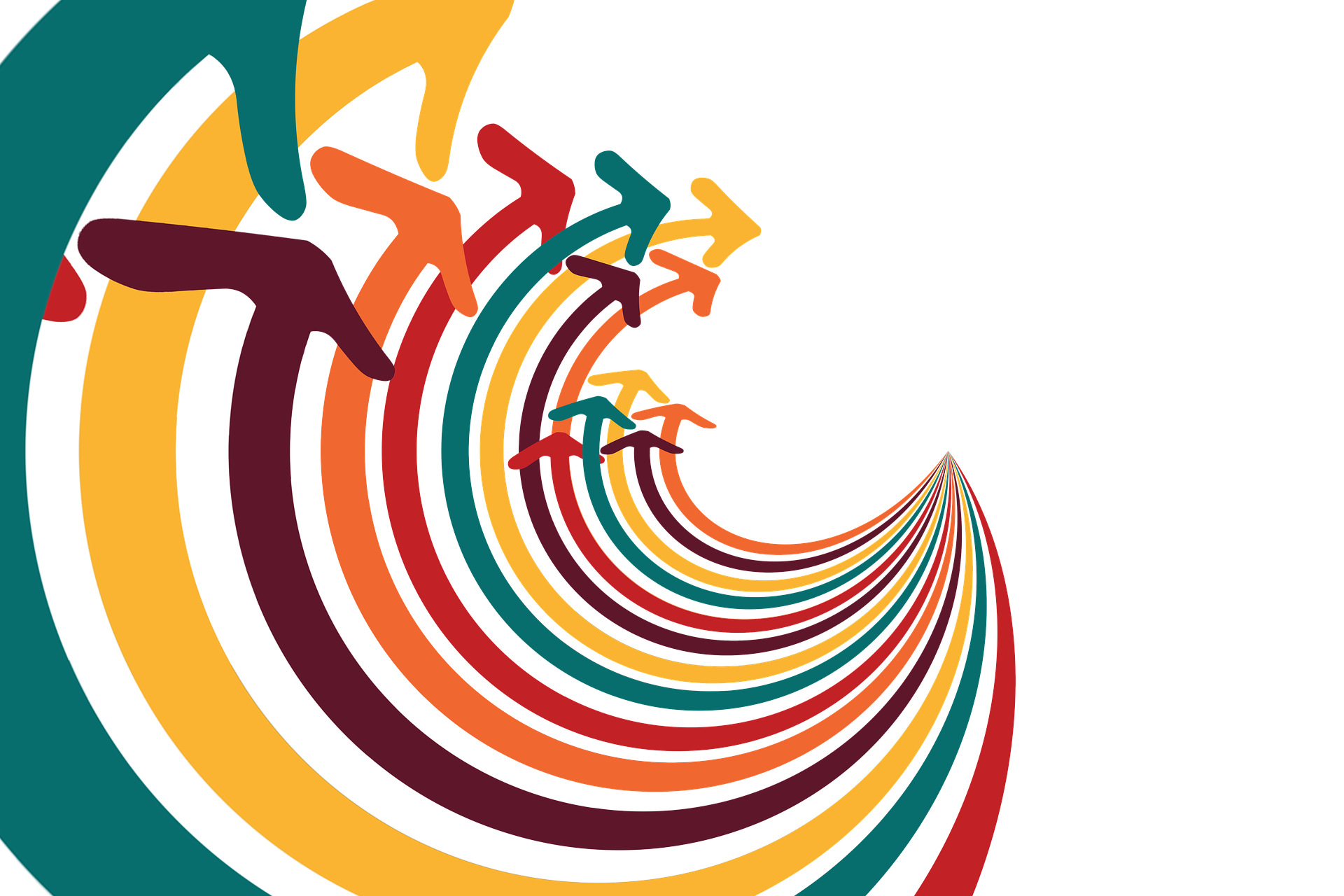COORDINATING PARTNER

COMPARATIVE RESEARCH NETWORK EV
Germany
The Comparative Research Network (CRN – www.crnonline.de) was founded in 2007 and worked since then in the field of non-formal adult, youth and VET education and research. The CRN Network activities are divided into three vertical fields: research, education and publication. The research department aims to bring social sciences closer to society. Research fields are, among others: European Borders, Civic Participation, Urban Issues, Peacebuilding and intercultural dialogue, diversity and citizens science. We are working on local projects in Berlin with migrants on co-creating concepts of social integration and is a large scale conversation of change and social cohesion and new notions of diversity between local citizens and policymakers.
The training department is working on non-formal education in cross-sectoral approaches. Among others, CRN is specialised in civic education and participation, cultural heritage, digital and media skills, storytelling, intercultural skills, green education, game-based learning and creative social entrepreneurship. The Education Department implement training activities and train-the-trainer courses, developing methodological tool-kits, training plans, and concrete tools such as online games, apps and handbooks. The three columns connect with three horizontal initiatives: the CRN Participatory Lab, combining research, education and publication of civic education and the CRN Peacebuilding Programme. It consists in performing research and training on intercultural dialogue and social integration. But also in conflict management and peacebuilding in the Euromed, Eastern European and the Balkans and the European Circular Economy Education Initiative.
CONSORTIUM MEMBERS
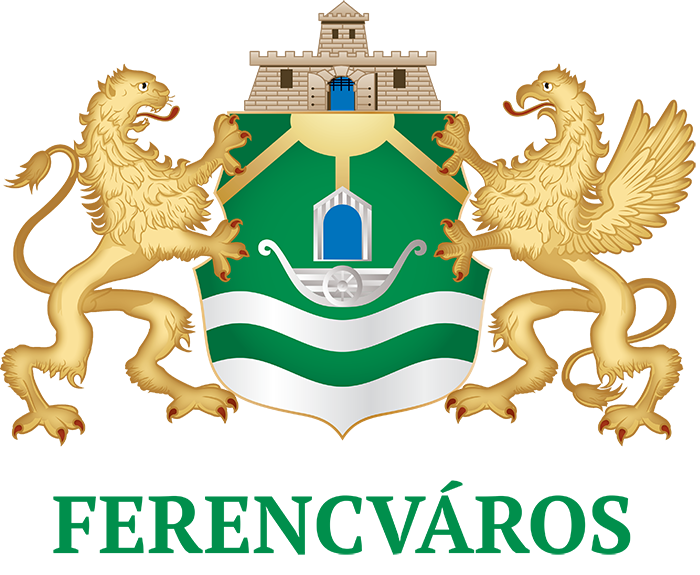
BUDAPEST FÖVÁROS IX.
KERÜLET FERENCVÁROS ÖNKORMÁNYZATA
Hungary
Ferencvaros, Budapest 9th district is the 16th largest district among the 23 neighbourhoods of Budapest, with 59 720 inhabitants. It’s one of the inner-city districts of the capital city. The inner part is located among the main Grand Boulevard and the Danube, while the less developed outer area is placed out of the principal vein of Budapest, far from the centre of the district. The area is imbue by block buildings (called: József Attila Lakótelep, over 15,000 people live, Aszódi Lakótelep, 2,000 people live), where underpaid workers live. Due to the massive rehabilitation process that has been taking place here since the early 1990s, a massive gentrification process has changed the social composition of the district. Despite these, Ferencváros still kept its traditionally popular and socially diverse character, hosting a significant part of the Roma population of Budapest and other ethnic minorities. Due to the large university buildings and new housing estates built within and in close vicinity of the area, a large number of the migrant population, especially youth, has also settled in this area during the past years. The Local Government of Ferencváros is a politically elected independent local authority. Its independent Mayor, Krisztina Baranyi, was elected in 2019.
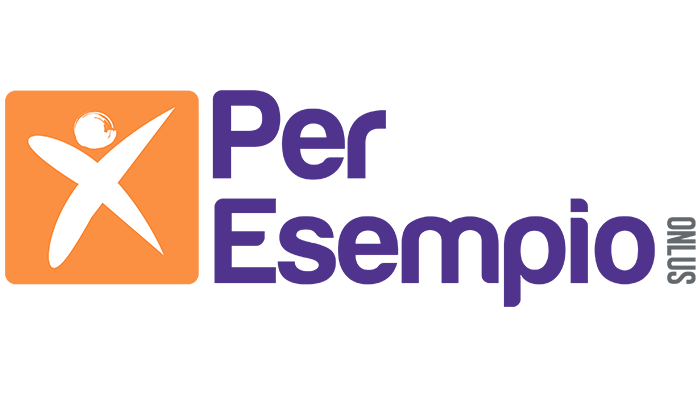
PER ESEMPIO, PALERMO
Italy
Per Esempio is a non-profit Organisation. The aim is cultural, social, ethical, and economic development by promoting the active participation of people and the civic society. The mission of Per Esempio is to reinforce social cohesion in the targeted communities, evoking constructive processes for local and international community development. The Organisation’s activities aim at empowering individuals and groups at risk of social exclusion by contributing to the development and improvement of their skills, knowledge and competencies. Through its networking engagement with local and European partners, Per Esempio supports the actions of European and Euro- Mediterranean actors. It’s contributing to the comprehensive development of individuals and communities, preferably using non-formal educational approaches and tools that stimulate the active participation of youth and reinforce intercultural dialogue. In pursuit of its mission, the Organisation manages European projects, carries out fundraising activities, establishes and develops local and international partnerships networks and promotes lifelong learning, training and mobility opportunities sustained by the European Union. It operates in different social fields: EDUCATION – Fight to Early School Leaving targets young people (6-16 years old) who live in marginalized and poor areas of Palermo. MIGRANTS – Per Esempio is engaged in designing and managing many activities promoting the interaction with migrants and the respect for their rights.
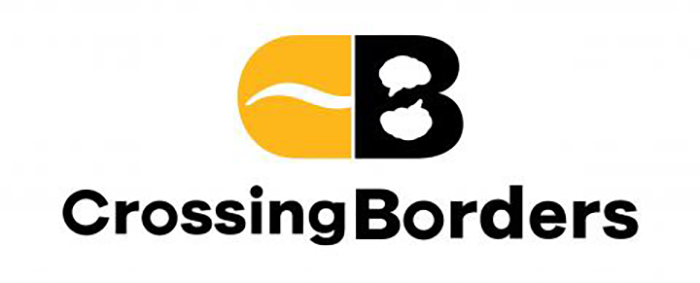
CROSSING BORDERS
Denmark
Crossing Borders (CB) is a non-profit, non-partisan civil society Organisation. The vision of CB is a world in peace with itself in which diversity is celebrated. The mission is to create a dialogue space for such a world and to build the capacity of youth, media workers and educators to make it happen. The overall goal is to enable people with different backgrounds to learn to live together on equal terms. Crossing Borders started as a project in 1999 in Denmark in support of meaningful dialogue between the conflict parties in the Middle East. In response to increased activities and demands for the CB concept and services, it was transformed, in 2004, into a dynamic Organisation with activities in Denmark and abroad. CB has: – International Advisory Board of 22 eminent personalities – Executive board of seven members – Secretariat of 11 paid staff – 20 volunteers/interns from all over the world.
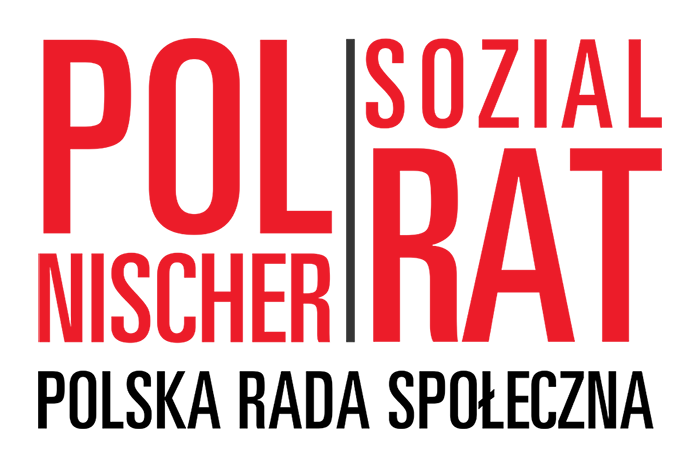
POLNISCHER SOZIALRAT E.V.
Germany
Registered association, recognized as träger der jugendhilfe. Fields of activity: social counselling, yearly almost 5000 persons, organization of training and information meetings in the field of integration, empowerment, labour law, psychology, 11 employees (mostly part-time), projects for migrants and refugees, every year several hundred learners and participants of training and meetings. Other fields of activity: political lobbying, social campaigns, management organization of the Polish Federal Participation and Social Network.
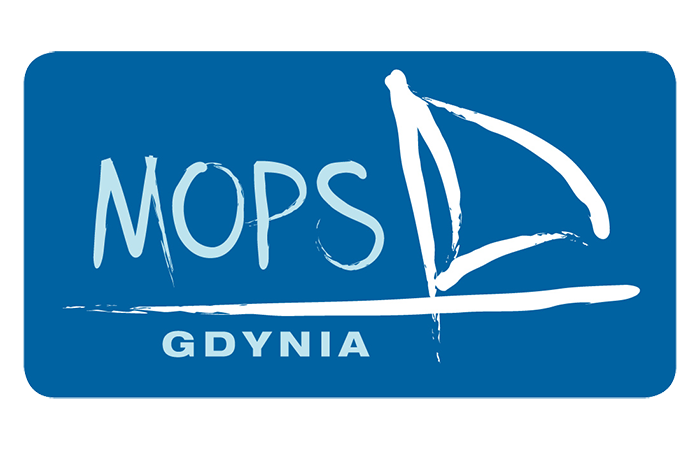
MIEJSKI OSRODEK POMOCY SPOLECZNEJ W GDYNI
Poland
We are a city administration unit active in the social support area. Our activities fall into three pillars of shaping social support processes: prevention, intervention and reintegration (inclusion). One of our main tasks is to support individuals, families, groups and local communities. We collaborate with NGOs, institutions and leaders to create coalitions for common and coordinated support for the vulnerable ones. We moderate and implement services focused on domestic violence, substances abuse, homelessness, and child and elderly care. In our scope of activity, there are also: food distribution, sheltering, financial support, therapy, and education. We develop a network of supported flats and a help system by hiring apartments on the open market. We contribute to the job market entering processes. We are also engaged in strategic planning on the community and the regional level. We have substantial input in shaping local social policies in welfare – revitalization of urban areas, developing social innovations and participation. We are also engaged in social problems and social phenomenon research.
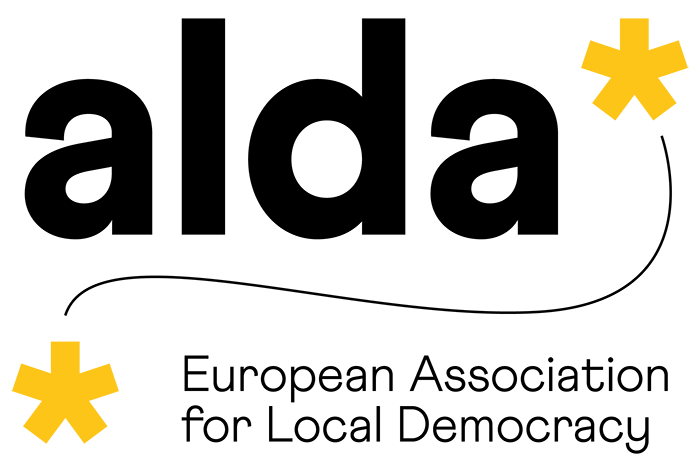
ALDA – EUROPEAN ASSOCIATION FOR LOCAL DEMOCRACY
ALDA is a French-registered association dedicated to the promotion of good local governance and citizen participation at local level in the European Union, its neighbourhood and beyond. It is a global alliance of associations, civil society organisations and local governments supporting local democracy and active citizen engagement.
The Association works with members and partners to develop projects that support its mission to achieve the Sustainable Development Goals and the 2030 Agenda. During its 20 years of activity ALDA has developed more than 450 projects and reached almost 25 million citizens. Today, it is a wide and consolidated network with more than 350 members from 45 countries, 16 Local Democracy Agencies (LDAs) and 3 Operating Partners (Ops). In addition, in 2017 ALDA launched ALDA+, the benefit corporation owned by ALDA and dedicated to the provision of trainings, ad hoc consultancies and specialised services in all the fields where ALDA has been operating for more than 20 years. Indeed, ALDA+ represents the capitalisation of the experience of ALDA in the fields of local democracy, participatory processes and project-cycle management.
What we do:
To promote good governance and citizen participation at local level across Europe and beyond, ALDA carries out a wide range of actions supporting local, national and international actors in achieving their objectives in the field of European integration, decentralisation, human rights, social inclusion, sustainable development, civic initiatives and much more.
ALDA works with a multistakeholder approach looking at a wide spectrum of potential resources in local communities. The Association represents a wide network of citizens and local authorities fully committed to support local democracy and empowerment of local communities through citizen participation, in Europe and beyond.

